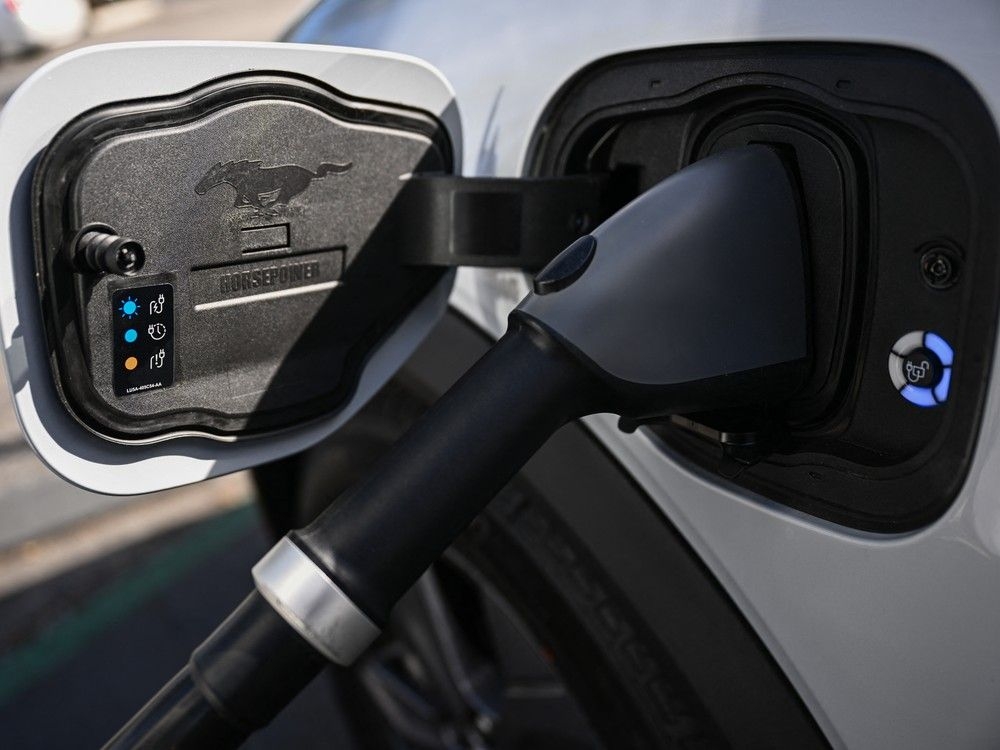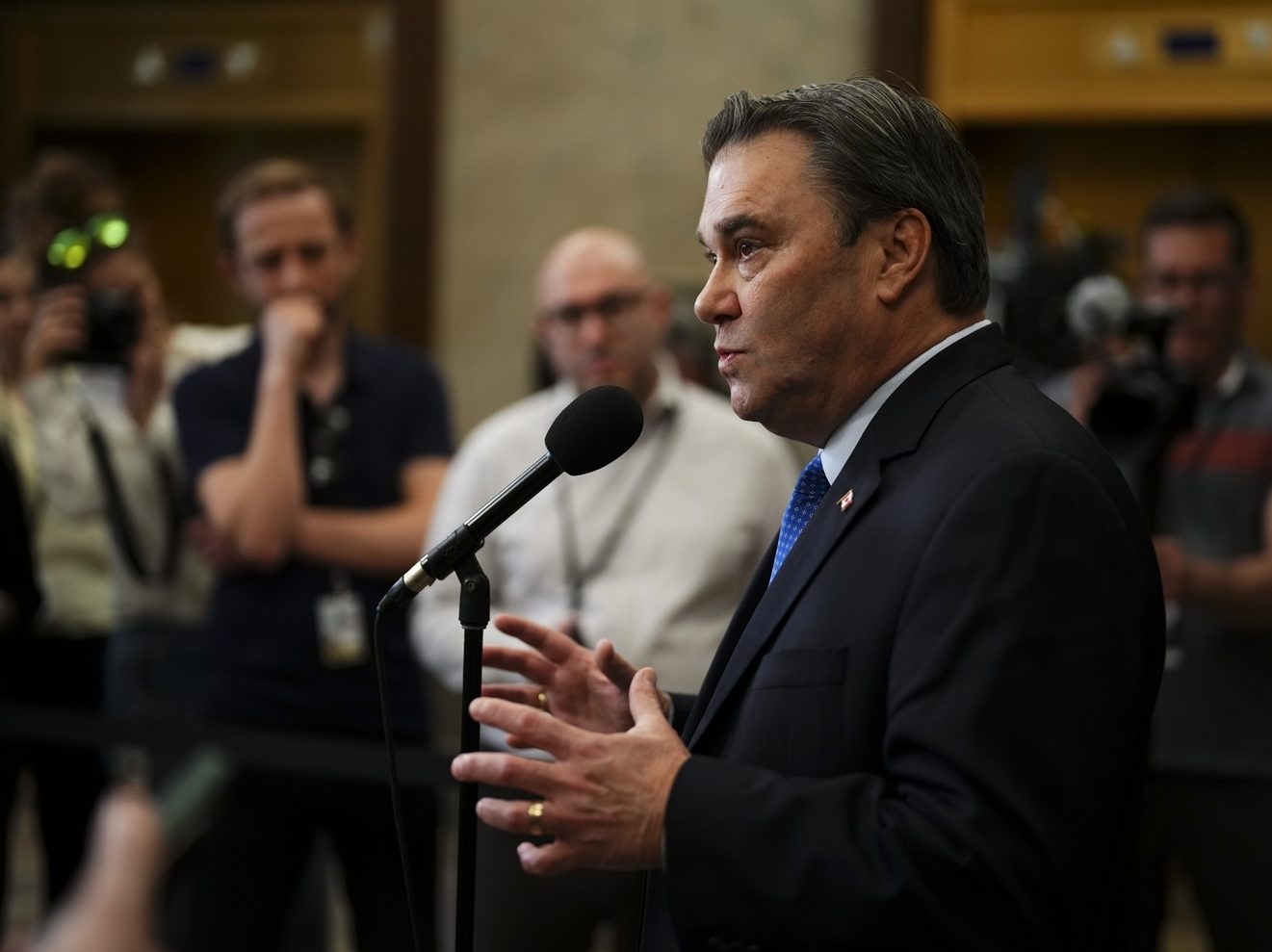A pivotal moment is approaching for Canada’s electric vehicle future. Federal officials have signaled that significant changes to the nation’s EV sales mandate are coming this winter, following a comprehensive 60-day review prompted by industry concerns and shifting economic realities.
The current mandate, designed to accelerate the adoption of zero-emission vehicles, initially required manufacturers to ensure 20 per cent of their new car sales were electric by next year. This ambitious target was slated to climb dramatically, reaching 60 per cent by 2030 and a full 100 per cent by 2035 – a vision now facing intense scrutiny.
The pause came amidst growing pressure from automakers, grappling with the impact of U.S. tariffs and a perceived lack of consumer demand. They warned of potentially crippling financial penalties if the mandate remained unchanged, potentially facing billions in costs to purchase credits from competitors.

Government officials are now openly questioning key aspects of the existing framework. The effectiveness of the current credit system, which allows manufacturers to offset shortfalls by investing in charging infrastructure or purchasing credits from others, is under review. Is the $20,000 investment threshold for infrastructure credits the right level? Is the system truly driving meaningful change?
The review isn’t solely focused on easing burdens on manufacturers. Officials are also considering adjustments to the long-term sales targets themselves, including the ambitious 2035 goal of 100 per cent EV sales. The possibility of increased flexibility is clearly on the table.
The fate of consumer rebates, a previously successful incentive that spurred EV sales, also hangs in the balance. While federal ministers have promised their return, the lack of a firm timeline is reportedly dampening current sales, as potential buyers hold out for financial assistance.
Canada’s experience contrasts sharply with nations like Norway, poised to become the first country to achieve 100 per cent EV sales. This success story underscores the potential of strong mandates, but also highlights the unique challenges facing the Canadian auto market.
Recent data reveals a significant drop in EV sales following the expiration of the previous rebate program, with electric vehicles accounting for just 8.77 per cent of new vehicle sales in August. This decline underscores the sensitivity of the market to government incentives and the complexities of transitioning to an electric future.
The government anticipates publishing the results of the review before the year’s end, aiming to finalize any amendments to the EV mandate in late 2026. The coming months will be critical in shaping the future of electric vehicles in Canada, balancing environmental goals with economic realities and industry concerns.





